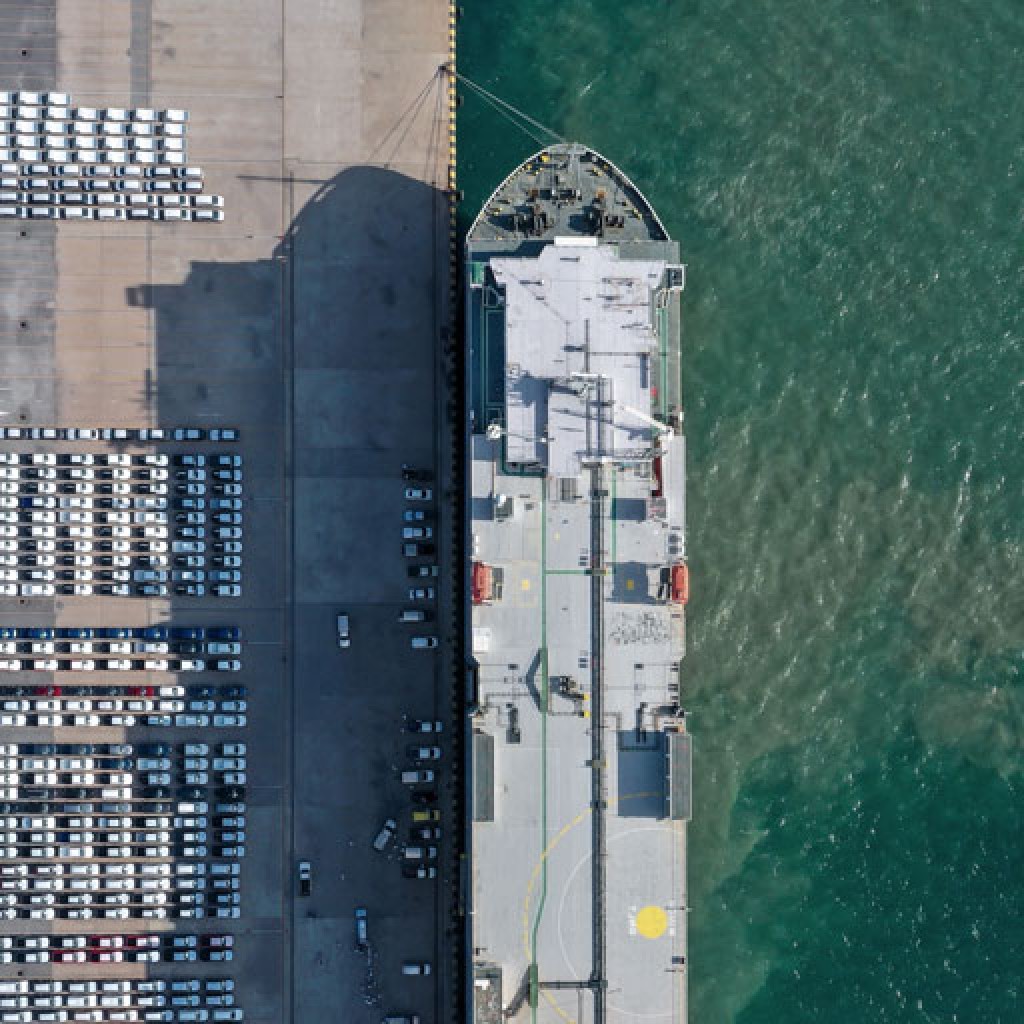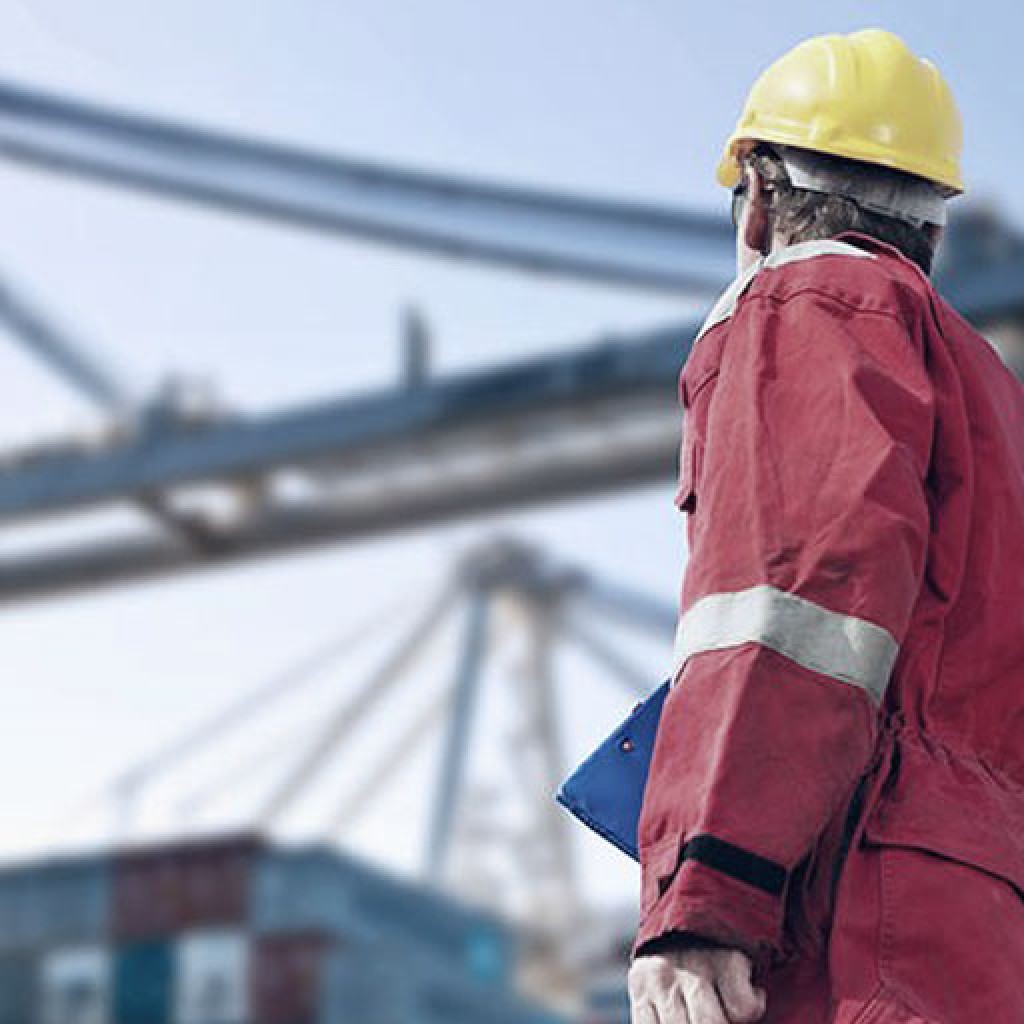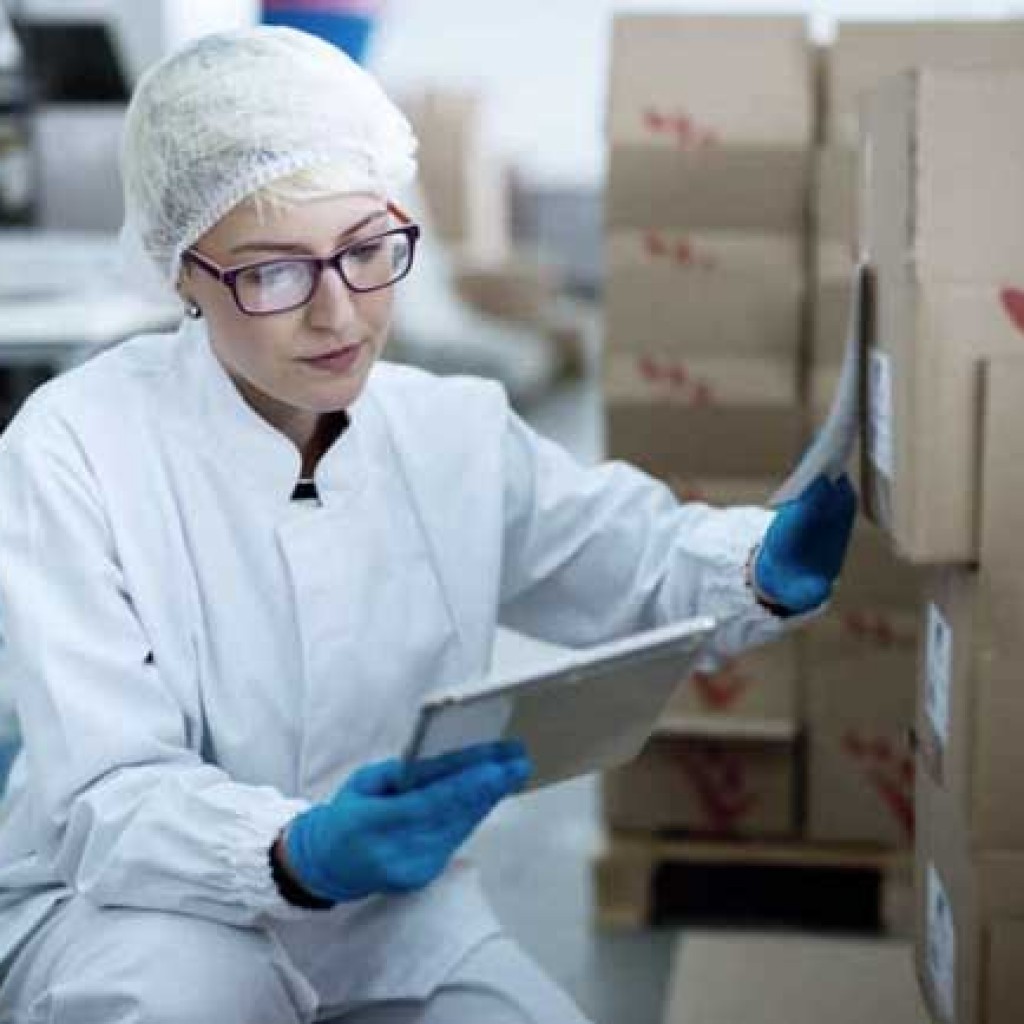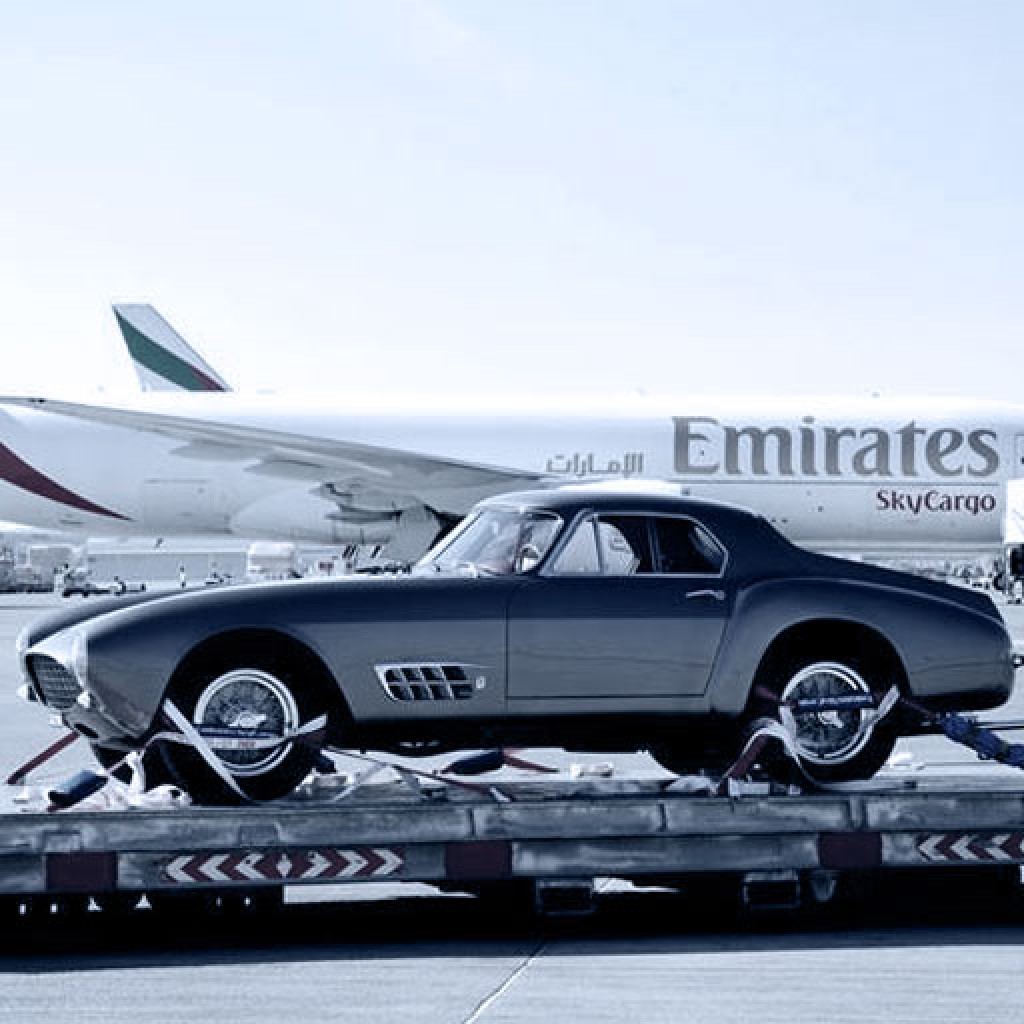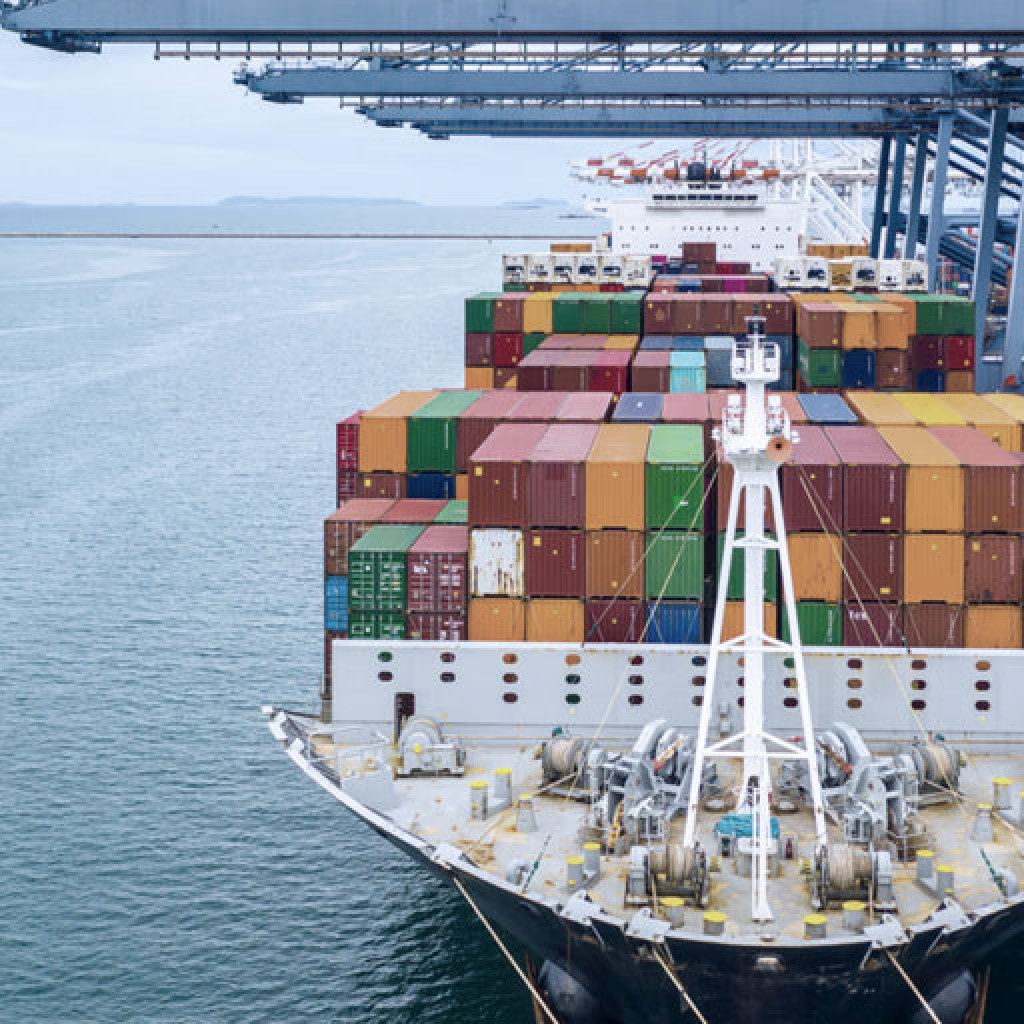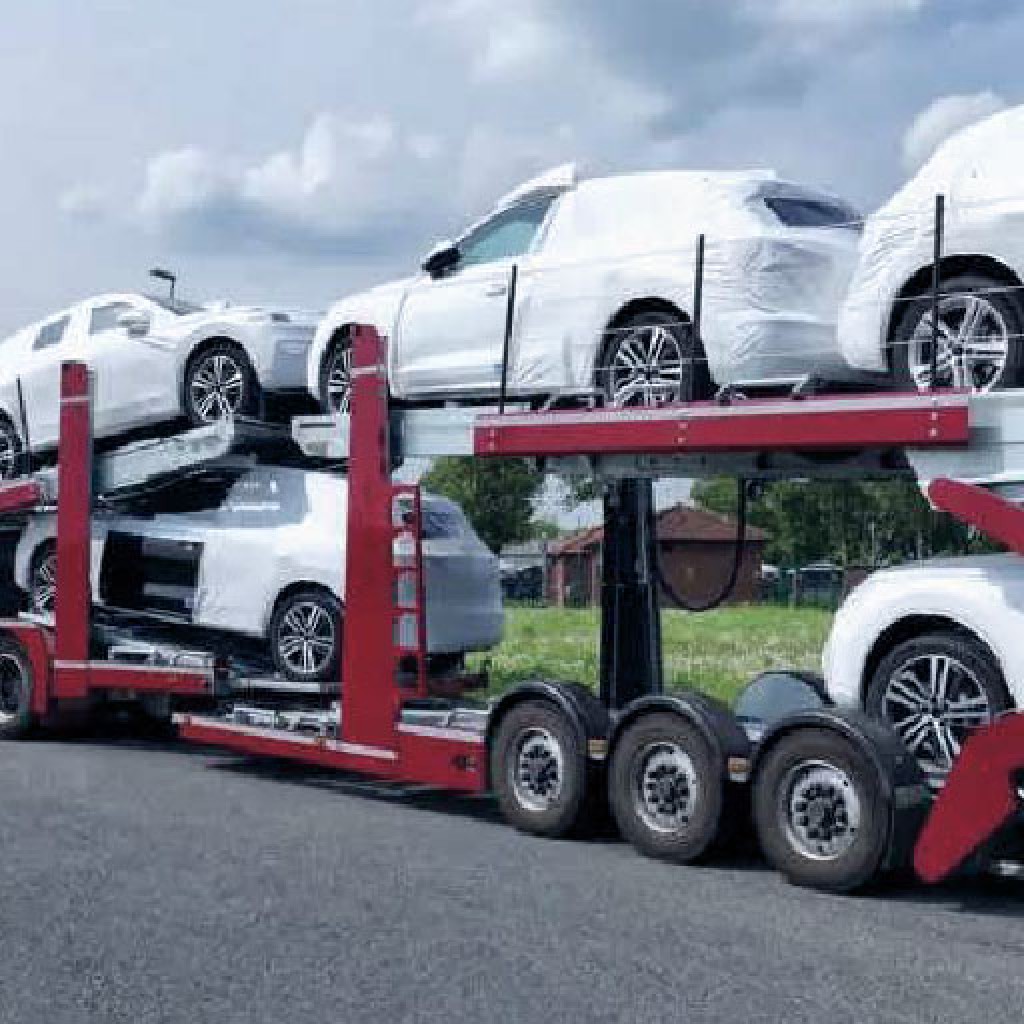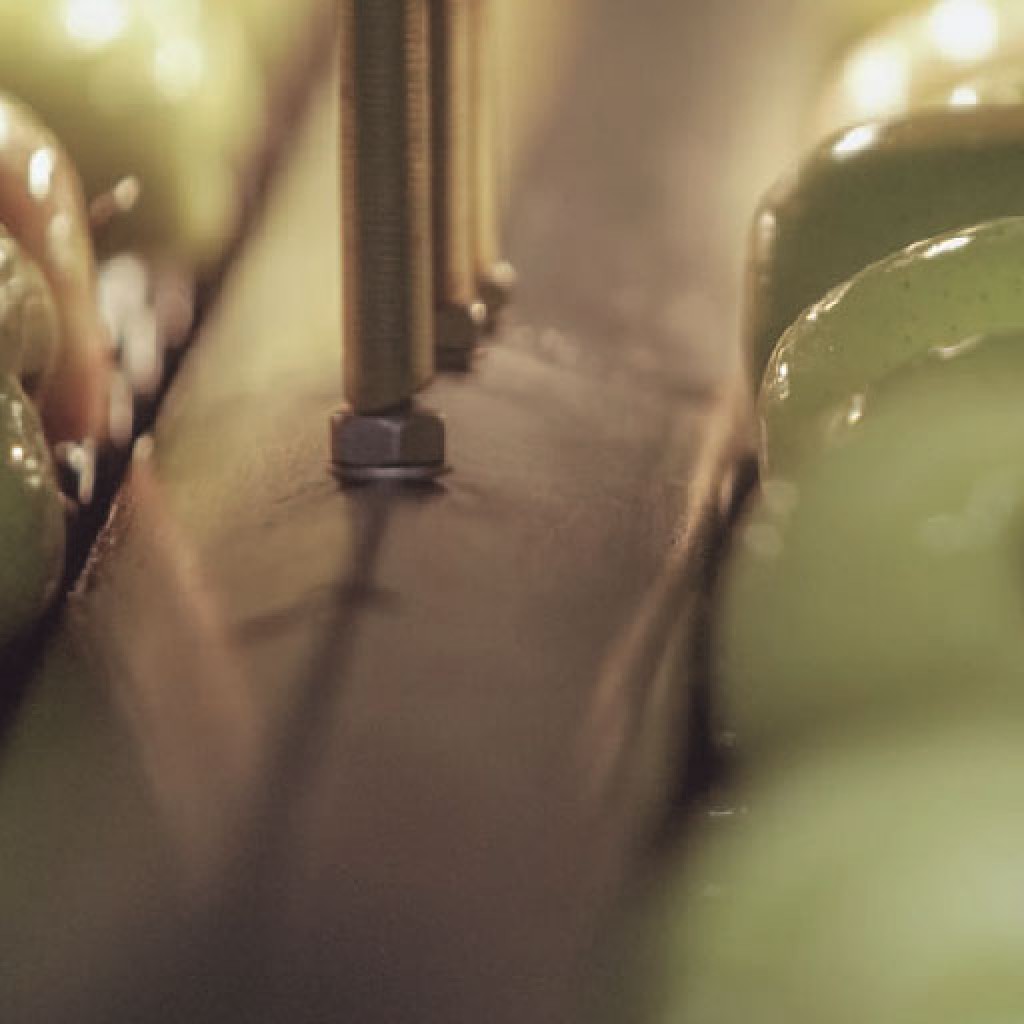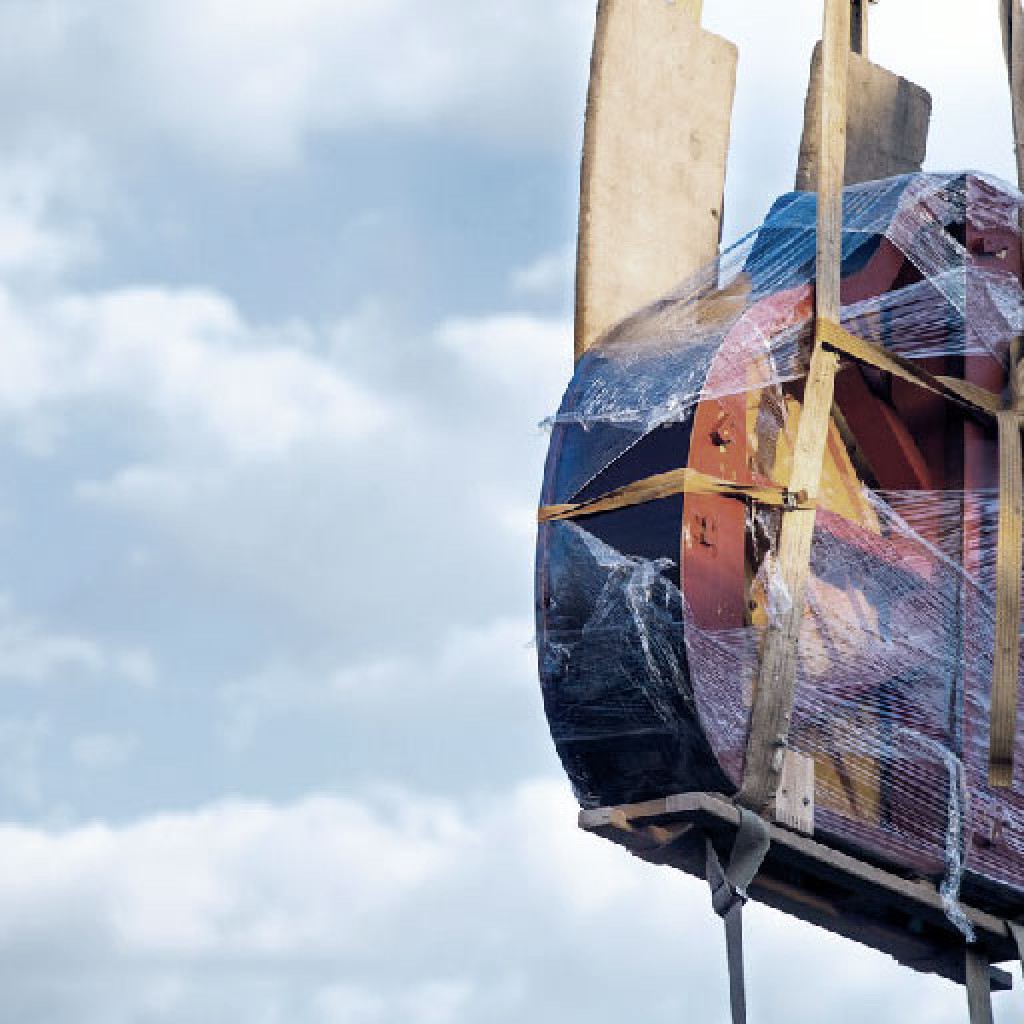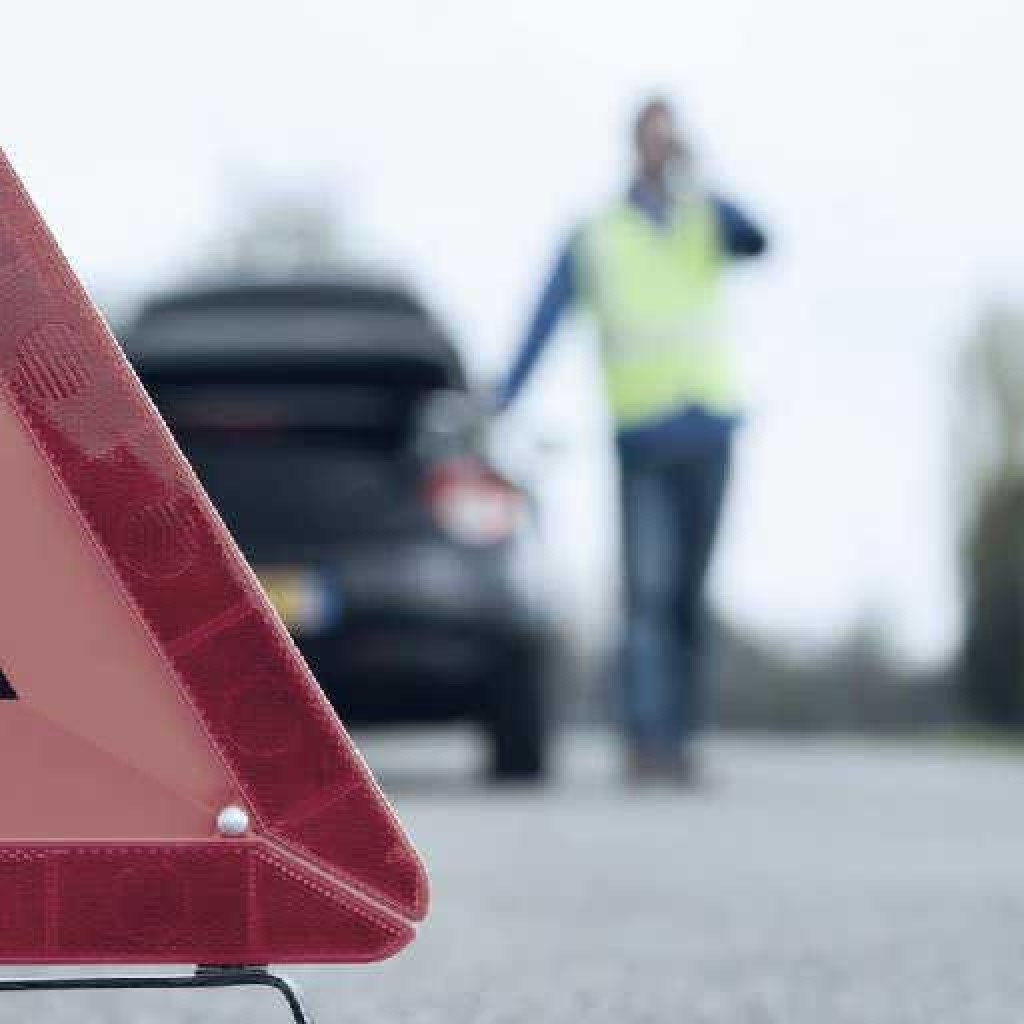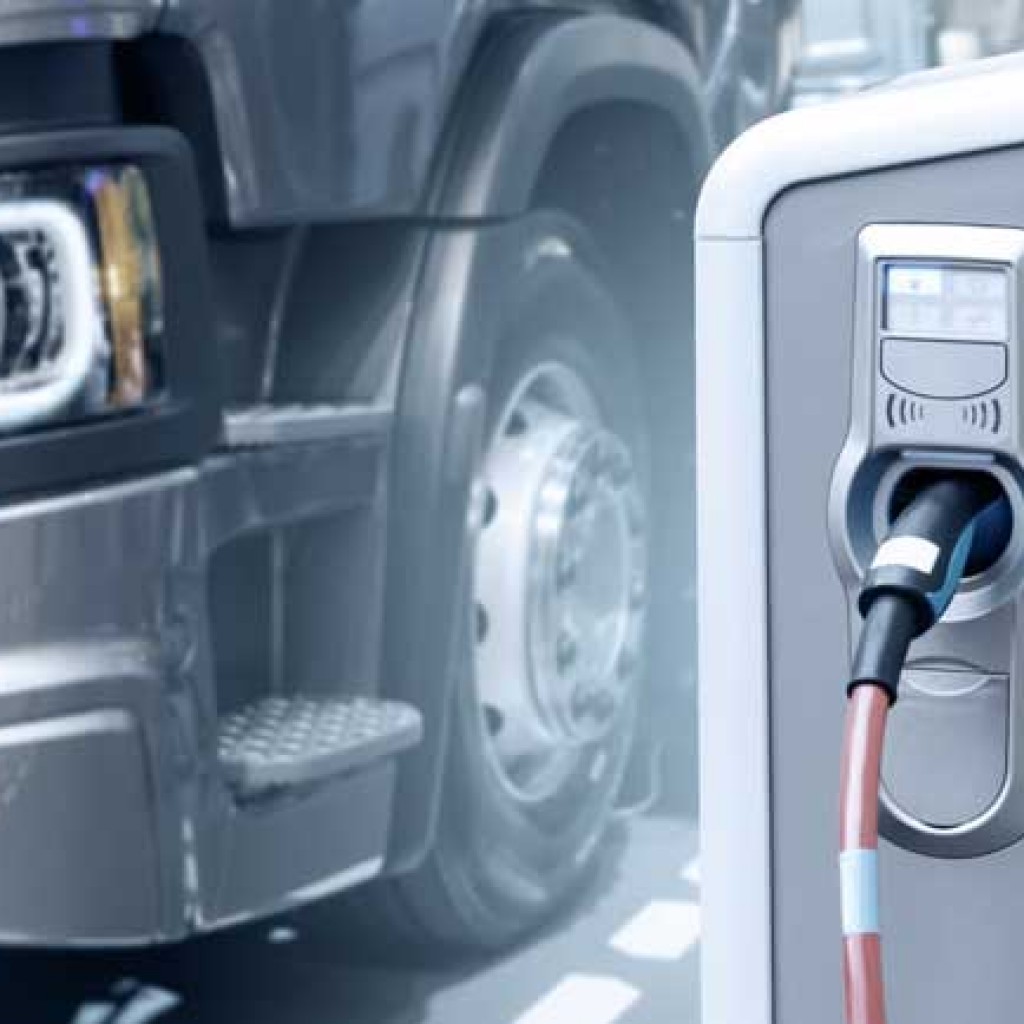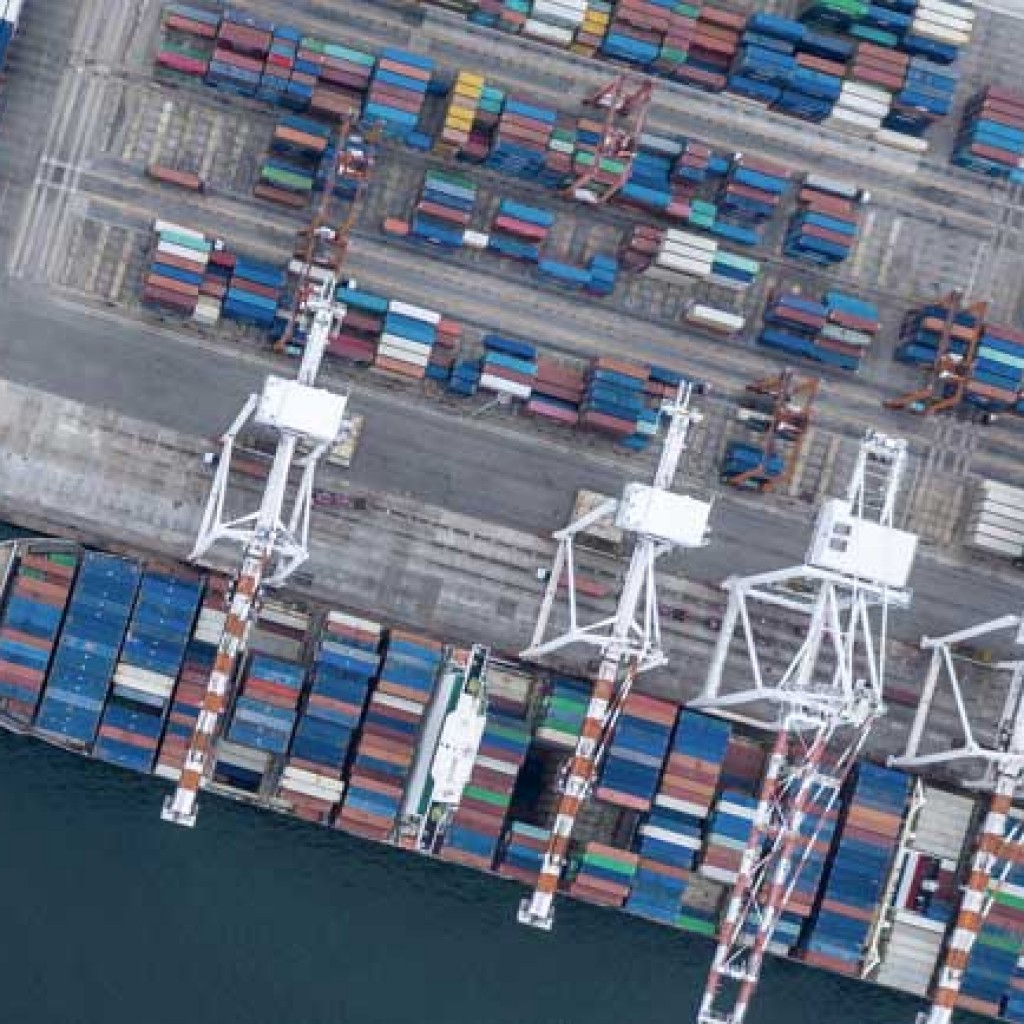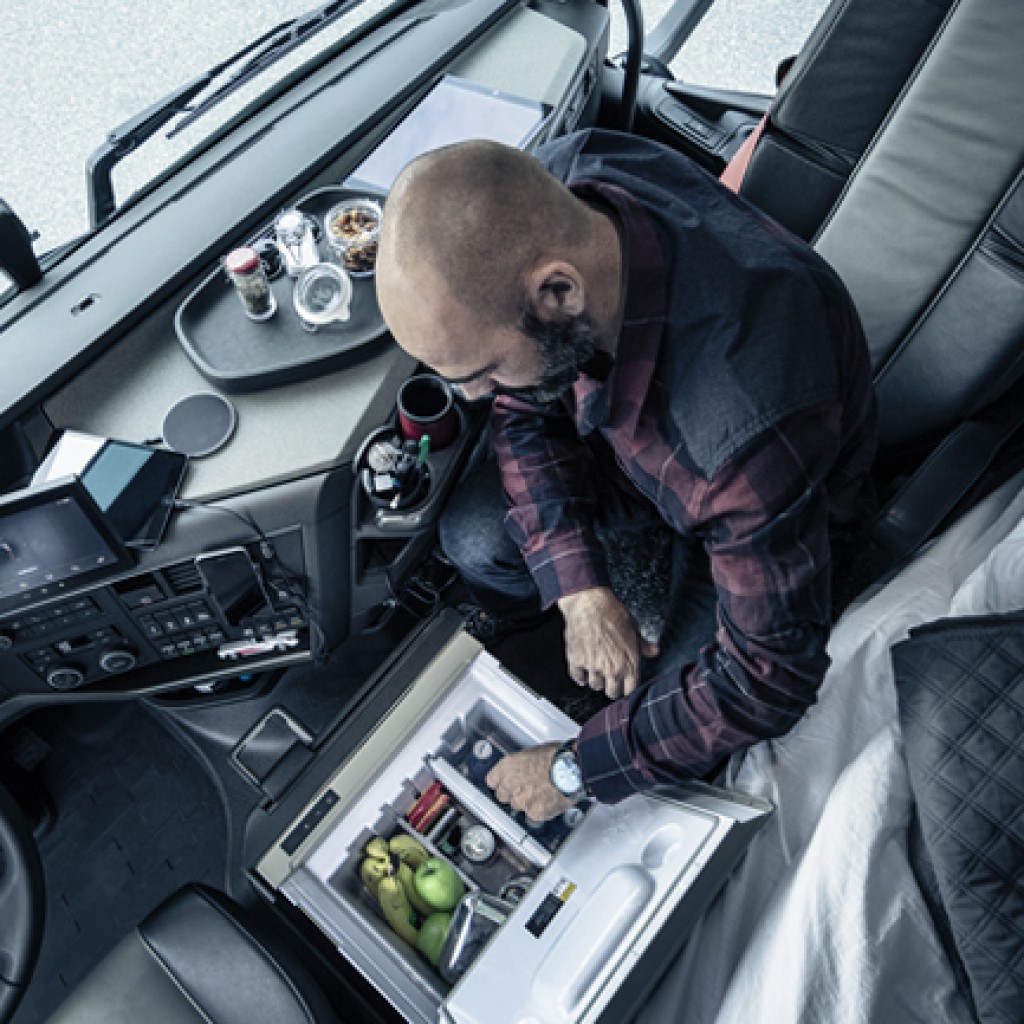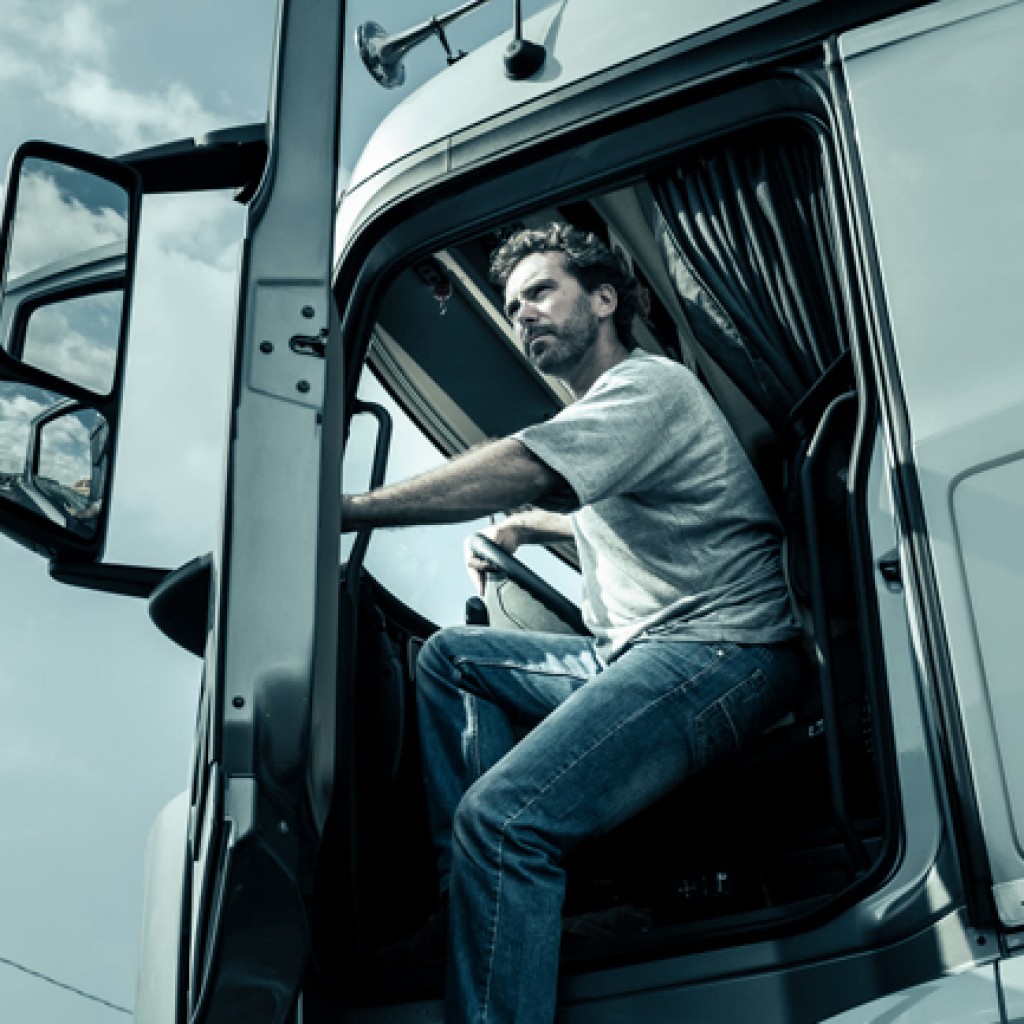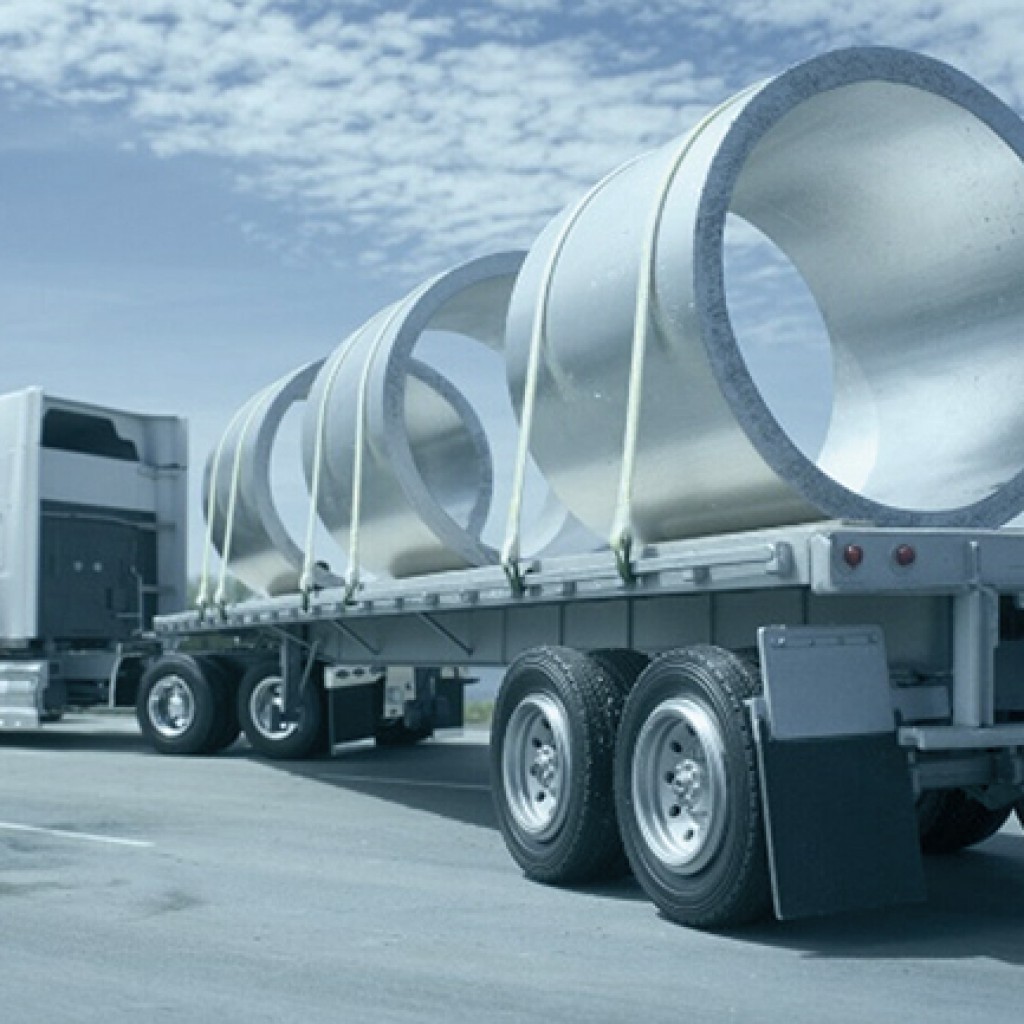Intermodal transport has acquired an increasingly important role in the scenario of freight transport within the European community, in particular as regards the France-Ireland route.
The challenge launched at the beginning of the nineties by the main logistics players consisted in the development of a European combined road-rail-air transport network.
For this reason, cooperation between sector operators and institutions (EU and national) was fundamental, as was the impetus given by the liberalization of rail transport, which could only strongly influence the so-called combined transport. The latter, in fact, is nothing more than a subset of intermodal transport and defines a shipment in which the majority of the journey takes place by rail or by sea, limiting the use of road mode as much as possible.
In most states of the European Community, a transport is defined as “Combined” when the part of the journey carried out by rail or waterways is more than 100 km, while that by road is limited to no more than 150 km.
When does it become necessary to resort to intermodal transport? Let's read a transport case commissioned to us in the first months of 2021.
Ireland interpreter of the escargot business and the France-Ireland goods traffic
We have been able to ascertain, on the basis of the experience accumulated and the contracts commissioned, that, in recent years, snail farming is a real business.
It would seem obvious to write that one of the largest escargot farms is French, but it is not so obvious, according to production statistics increasingly influenced by data from Spain, Italy and Ireland.
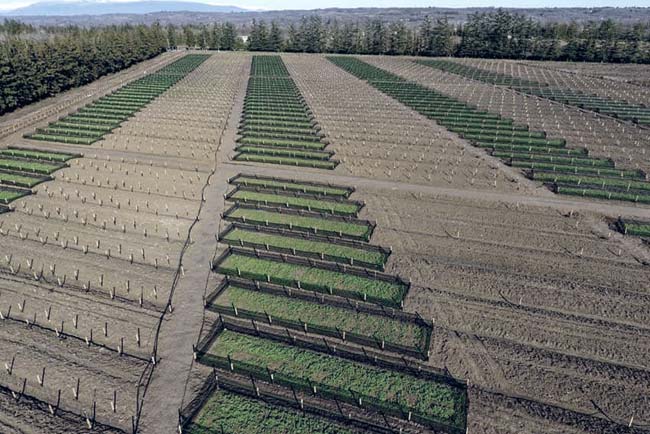
However, the logistical case that we will describe in the next pages concerns a French company based in Vernot. The company in question produces between 18 and 20 tons of snails every year. Of these, almost 90% is destined for the world market, arriving mainly on Irish and Spanish tables.
It all started back in 2006, when three French entrepreneurs pooled their savings with the shared goal of creating an alternative agriculture project. They thought of creating a product that celebrated their land and at the same time was innovative and genuine, so the idea of breeding escargot was born.
The Vernot farm today extends over 40 thousand square meters in an uncontaminated habitat. The variety produced is Helix Aspersa Maxima. The snails are fed only with organic products, in a perfectly balanced habitat. This habitat allows the heliciculturist to raise the animals in a natural way, in non-intensive and, at the same time, effective, productive and, above all, ethical farming. Significantly increasing the quantity of specimens per square meter. Here the snail meat acquires its optimal characteristics in just eight months.
But these small and refined snails are not only among the most sought after animal meats today, but it is also possible to obtain aesthetic products from them (based on snail slime). In fact, the serum in question is a renowned beauty, anti-wrinkle and healing elixir.
From breeding to freezing. The new import-export strategies
The marketing of foods of animal origin, in general, within the European market, represents a great opportunity for economic development for companies in the food sector which find, in this way, a particularly important commercial outlet.
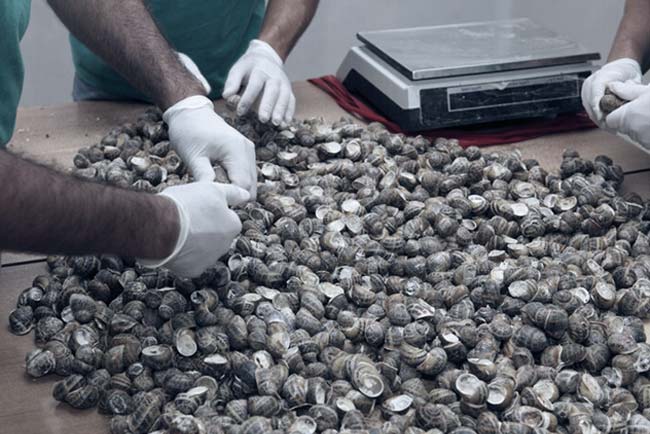
This possibility of marketing food of animal origin is regulated differently depending on the country of destination. Here, the marketing of foods of animal origin to the other states of the E.U. is regulated by the same rules that govern marketing at a national level. While the methods for exporting food of animal origin to third countries depend on individual states and, often, on bilateral agreements between the European Union and the export destination country.
However, it is not possible to presume to implement a complex internationalization process without developing innovative commercial strategies, aware of the current market situation, the prospects and the challenges to be faced.
So, import export at an international level is based on an in-depth knowledge of the market situation in the country to which you intend to export your goods, without neglecting the technical-regulatory and customs aspects.
Our Client had chosen the Irish market (in particular that of the Republic of Ireland) following a long period of analysis of the internal demand for escargot, as well as the operational stratification of the market, the methods of providing commercial licenses, the opportunities for franchising and, finally, the existence of structures to be used in partnership.
The plan to develop a dense network of commercial distributors in Ireland and a constant export flow of escargot from France to Ireland was sustainable, but under certain specific conditions.
Transport of frozen and deep-frozen items on the France-Ireland route and temperature-controlled cargo
For the development of the network of escargot distributors in Ireland and by virtue of a high demand for frozen products, as well as the possibility of exploiting two large storage hubs for controlled and assured sorting, one thing immediately became evident. It would have been necessary to freeze the livestock products, in the second French headquarters, and systematically ship the products to two different storage and sorting hubs on Irish territory.
It was clear that the strategy was based on the essentiality of cold logistics and temperature-controlled transport which, in any case, today are of crucial importance in any transport of perishable goods.
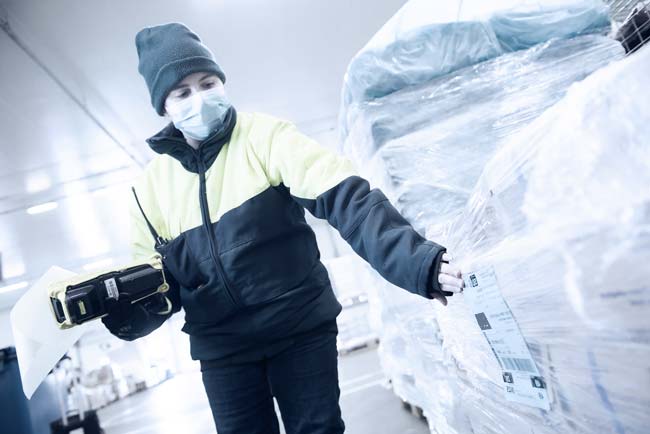
As far as we are concerned, we know that spoilage of food products, such as fresh, frozen foods or medicines, can occur if appropriate transport and storage measures are not taken. Correct management of the cold chain becomes essential to ensure that these products maintain their quality, food safety and freshness along the entire path, from production to the final point of sale.
Especially during the summer periods, high temperatures can accelerate the deterioration processes of food, especially if we are talking about shellfish, favoring the proliferation of bacteria and the degradation of the organoleptic characteristics.
Furthermore, cold logistics requires close collaboration between manufacturers, logistics service providers and retailers. It is important that all parties involved comply with updated rules and guidelines on the storage of perishable products.
Frozen products undergo a rapid freezing process. This process usually takes place at very low temperatures, which allows the organoleptic characteristics of the products to be preserved, such as taste, consistency and nutritional value. During the freezing process, the water present in the products transforms into ice crystals, thus slowing down the deterioration processes.
During transport, it is essential to keep frozen products at a constant temperature, in order to preserve their quality and food safety.
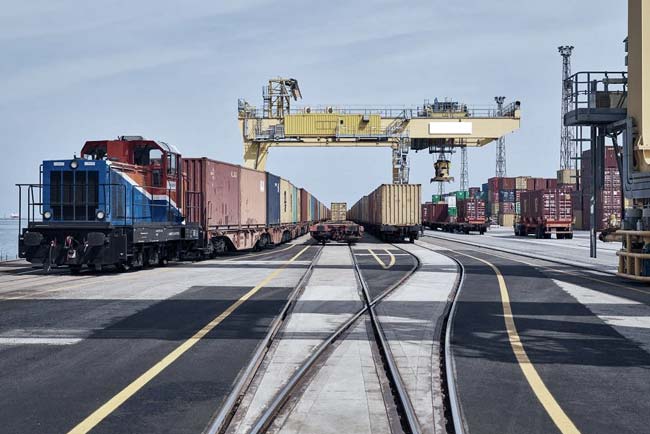
Frozen products, on the other hand, are similar to deep-frozen ones, but with a fundamental difference: the freezing process takes place at even lower temperatures and for a longer period of time. This extended freezing process allows products to be stored for longer periods without compromising their quality. During freezing, the water present in the product turns into ice crystals that are larger than during the freezing process.
This can affect the cellular structure of the product and its final consistency. Frozen products require a longer defrosting time before they can be used, in order to restore their original structure and ensure a better consumption experience.
In frozen transport, goods are kept at low temperatures below zero, typically between -7°C and -12°C. This temperature is ideal for storing pharmaceutical products and perishable foods such as meat, dairy and seafood. While frozen transport keeps goods at temperatures always below zero, usually at -18°C. This type of transport is suitable for products such as ice cream, frozen foods and some chemicals.
TIRE-RAIL-FERRY TRANSPORT. A SOLUTION FOR THE FRANCE-IRELAND ROUTE
Combined road-rail-ferry transport is the best solution for those who need to transport large quantities of goods over long distances, guaranteeing greater flexibility, further safety of the goods and lower environmental impact.
By using this type of transport, fuel cost fluctuations are avoided and imbalances between supply and demand for the different transport modes are normalised.
Intermodal transport and export of Escargot in the Republic of Ireland
Given that, from 1 January 2021, Great Britain is no longer part of the European Union, goods are understandably subject to stricter controls and complex customs procedures.
Post-Brexit Ireland is certainly the European state that has been most damaged, primarily due to the intensity of trade it had with Great Britain (around 15% of the country's total exports of goods and services were destined for neighboring island). But, above all, because in some sectors the intensity of commercial traffic reached levels close to 40% and, in any case, around two thirds of Irish exports, directed towards the European continent, used the United Kingdom as a logistical bridge.
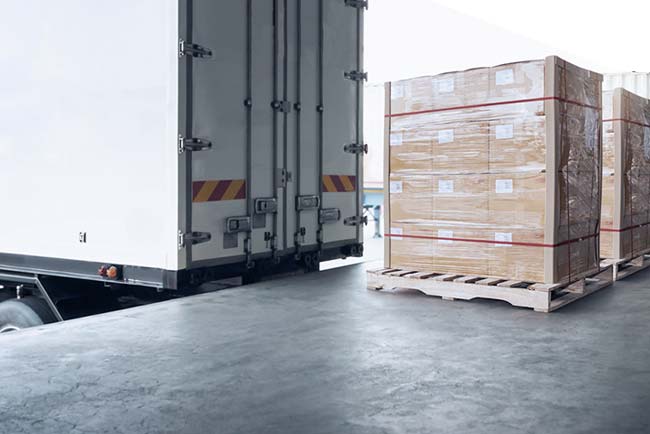
Therefore, with particular reference to the movement of goods subject to safety requirements, between Ireland and the European Community, bureaucratic formalities which are, to say the least, non-intuitive are still required, as established by the Union Customs Code (CDU). The completion of the latter requires qualified operators. Because it is obvious how customs clearance delays, when it comes to refrigerated shipments to and from the Republic of Ireland, systematically translate into high storage costs, heavy fines and greater risks for maintaining the cold chain.
Here, Trasauto Logistica guarantees, through the use of experts in the sector of temperature-controlled goods shipments with refrigerated ships and refrigerated containers, fast and problem-free customs clearance.
The role of packaging on long journeys and latest generation containers
To maintain the integrity of the transported product, the packaging also plays a fundamental role in the quality of the service and must be different depending on the type of product.
In any case, the packaging must be resistant to impacts, humidity and, as regards frozen ones, must not have cracks. The risk is high. The possibility of alteration of perishable products, foods or medicines, induced by failure to respect the cold chain, can have serious consequences on the health of the final consumer.
Dealing with freight transport, packaging, storage and logistics in general is not an activity for everyone. And, in general, it is difficult for a company to take on the burden of vertical integration of its business, also developing transport and logistical handling of the production it creates. In this case, the substantial investments, aimed at creating competitive assets, would imply the redistribution of the budget to the detriment of the core business.
For these reasons, it is much more convenient to rely on companies specialized in transport and logistics, so as to obtain an excellent service and, what's more, also saving time and money.
From Albon to Dublin. The unknowns of transport in the Republic of Ireland
We have already anticipated how our clients were looking for a suitable transport solution for the transfer of a large batch of frozen products from the French offices to the two logistics hubs in Ireland.
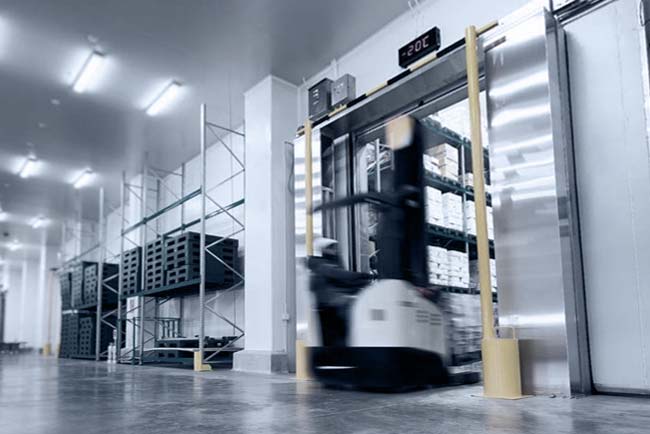
These new port complexes, equipped with cold rooms and surrounded by a large yard for the movement of heavy vehicles, built in Dublin, were storage centers for low-temperature goods. As well as new points of reference for cold logistics in the Republic of Ireland.
In 2021, our Clients' expansion plans included massive transfers of livestock products from Vernot to Albon. In the latter case, the preventive freezing of the stock to be exported would be carried out. Right down to labelling, packaging and that whole series of procedures aimed at simplifying customs clearance operations.
For obvious logistical reasons, the goods should first have crossed the EU borders, docked at the Port of Dover, and then returned there again to stop in Dublin.
But let's see in detail.
Sending around 286 tonnes of escargot from Albon to Dublin meant making a perishable product travel a considerable distance. It was a delicate transport which, in absolute compliance with the "Cold Chain", should have been moved from France to the Republic of Ireland, avoiding a notable series of possible unforeseen events, first of all due to the double customs clearance of the goods.
The distance to be covered, for the France-Ireland transport, was 1.320 km in total and, with it, the difficulty of managing changes at the hubs and predicting any setbacks was estimated.
We remind you that for the transport of frozen escargot it is necessary that the temperature is below zero, precisely around -18 °C. Monitoring the temperature in transit is essential for the correct maintenance of the cold chain.
The logistics plan for the France-Ireland route. Details and Timings
Thus, in accordance with the logistics plan, 11 40-foot containers left Albon and reached Port-du-Leu (Calais) on as many trucks in 7 hours and 55 minutes, covering 1.060 km.
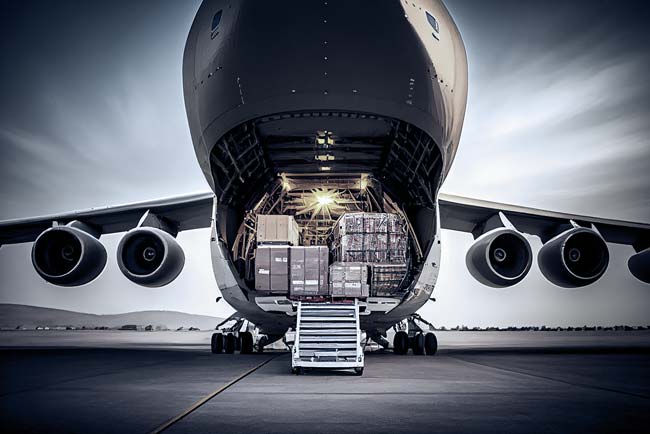
Then from Calais to the port of Dover, covering 82 km, on a cargo ship. The cargo crosses the Channel and reaches the port of Dover in approximately 1 hour and 30 minutes.
Only at this point the load resumes its journey by road, from the port of Dover, after the usual customs clearance operations, and in two hours it reaches the capital of the United Kingdom, London.
And finally, in the direction of Dublin, from London airport, by air cargo. The logistics plan involved the use of two cargo planes, each with a capacity of 150 tons.
But it was from Dublin Airport, with everything that a second consecutive passage through Irish customs requires, that the goods were ready for sorting into the two storage hubs in central Dublin. One to the north and one to the south of the city, 48 km apart from each other, were joined by twenty refrigerated trucks, each covering the distance from the airport to the reference hub twice.
The first of the two was used to store 18 containers, the remaining part falling under the responsibility of the larger Hub intended to handle goods for 16 of the 26 territorial counties of the island.
In this case we opted for road-rail-ferry transport and without load breakages. Shipping in less than 24 hours and, above all, the best solution for transporting large quantities of goods over long distances. Always with the guarantee of maximum flexibility and safety of the goods and the lowest environmental impact. Although the double customs clearance was particularly challenging, it certainly brought enormous satisfaction shared with the client.
REDUCE EMISSIONS WITH MORE EFFICIENT ENGINES
In a sector like the transport sector, put to the test by variable political measures and "Expensive Petrol" speculation, it is rather difficult to think about the future.
Many operators in the logistics sector struggle to make ends meet, considering that all efforts are concentrated on the best use of the workforce. So they aim to get the most in the short term, day after day. Therefore, planning a long-term development plan appears, consequently, haphazard and pretentious.
But, nevertheless, the world is changing and the ecological and social perspective linked to transport is evolving. This means we have a great opportunity to seize. In 2024 the watchword is sustainability which, combined with electrification, will allow a relaunch of the transport sector and significant savings for fleet managers.
Sustainability in temperature-controlled transport on the France-Ireland route
The concept of sustainability interests everyone, companies that have not yet understood it perceive it as a problem. Those who, however, have sensed the possibility of benefiting from it consider it a great opportunity. For Trasauto Logistica, sustainability means not only respect for the environment but also the possibility of optimizing costs and investments to obtain savings and manage more solid finances.
Trasauto Logistica has been a leader in intermodal transport for more than 40 years: this service has undergone significant growth in recent years, meeting the market demand for environmental sustainability and producing fewer CO2 emissions.
One of the fastest and most effective ways to reduce your environmental impact is to reduce the amount of fuel consumed by transport temperature control units. The engines used for the latest generation refrigeration units allow greater efficiency due to the simultaneous reduction of exhaust gas and CO2 emissions as well as noise.
Furthermore, with electric solutions it is possible to reduce fuel costs and use the energy produced to power means of transport. Trasauto Logistica has a pioneering approach regarding the concept of electrification of transport units, but, above all, it has invested heavily in the development of advanced systems that allow refrigerated transport compartments to be kept sealed, without having to open them for checks or anything else.
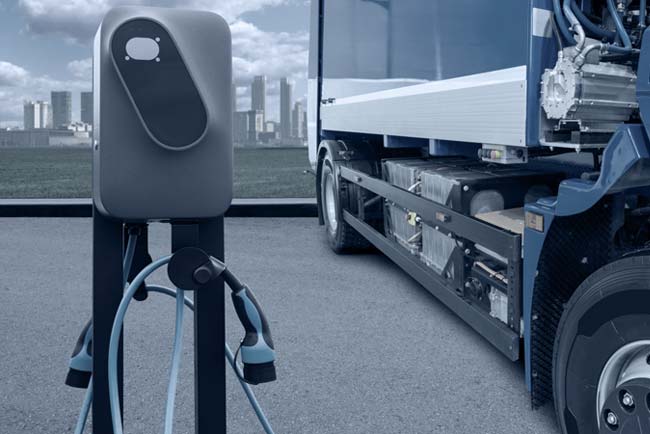
All monitored via app and remote control which allows immediate intervention in the event of problems or errors to preserve the load and avoid damage to the vehicle.
Trasauto Logistica: the perfect partner to manage the customs clearance of goods even in non-EU transport
Efficiency and speed are fundamental requirements for any shipment, but even more so for those that require customs clearance. And it is above all on the correct management of customs operations that the reliability and seriousness of a company depends.
The import/export of goods is regulated by very precise regulations, which differ from country to country, also based on the type of goods to be handled, which requires, in order to avoid penalties and costly detentions, a profound knowledge of the customs regimes to which every single load is subjected.
For this reason, relying on an experienced forwarder like Trasauto Logistica, in national and international transport, will allow you to speed up all customs procedures, ensuring that your goods reach their destination within the established times, without unpleasant surprises.
With the customs operations management service, Trasauto Logistica guarantees maximum efficiency in every bureaucratic and logistical phase (from acceptance to delivery of the goods), allowing the customer not to worry about anything and ensuring safe and punctual shipments, with rapid and reliable customs clearance.
One of the most important obligations, when importing goods from a country belonging to the European Union into a non-EU member state, is to clear the goods through customs at the border or at the importer's place of arrival. To this end, the latter, or his intermediary, must draw up an import declaration and submit it electronically to the customs authorities in order to pay all import duties, VAT, excise duties and other applicable taxes.
Subsequently, the goods will be released for free circulation in the EU.
Trasauto Logistica has experience, competence and territorial coverage. The staff, constantly trained and updated to facilitate obtaining the necessary authorizations for the import or export of goods in time, according to rigid planning schedules, and at any time, in an efficient and professional manner regardless of the shipping methods or the port of entry.
For the transport of your frozen or deep-frozen products by any route, ask for a free quote. Fill out our contact form. The staff will be happy to satisfy your every request.
Or for personalized requests, you can call our offices at: +39 (0)828 1818150 or request further information by e-mail: info@trasauto.com
Articles
Related
A MASSIVE SHIPMENT OF CARS ON…
Multimodal transport, in particular for the Italy-USA route, combines road…
MOVING A SUPERCAR ON THE FRANCE-MOROCCO…
Our Supercar transport service, particularly for the France-Morocco route, is…
THE TRANSPORT OF MEDICINES FRANCE-FLORIDA. ECONOMY…
Intermodal transport is an extremely flexible and cheap transport method,…
COMBINED FRANCE-CANADA TRANSPORT OF VINTAGE CARS.…
Using the services of Trasauto Logistica, in particular, when you…
INTERMODAL TRANSPORT TO AND FROM THE…
A long and complex journey, from France to America, always…
LUXURY TRANSPORT IN THE MIDDLE EAST.…
Depending on the routes, the timing, the necessary documentation, the…
CAR TRANSPORTER RENTAL FOR VEHICLE TRANSPORT.…
Investigation of the reference market, request for an estimate, vehicle…
PERISHABLE GOODS. WHAT ARE THEY AND…
Perishable goods include short-life food and pharmaceutical products. To avoid…
TRANSPORT OF VEHICLES AND BULKY OBJECTS:…
The transport of bulky vehicles and objects is an exceptional…
CAR TRANSPORT, HOW TO CHOOSE AND…
Car transport with car transporters has obvious organizational and economic…
HAVE YOUR ACCIDENTED CAR TRANSPORTED
When collecting and delivering an accidented or non-running car, it…
THE TRANSPORT SECTOR ADAPTS TO RENEWABLE…
When we think of building a more sustainable future, we…
THE TRANSPORT OF THE FUTURE: AN…
When it comes to the transport of the future, a…
MARITIME TRANSPORT. IS IT THE BEST…
In recent years, new technologies and the modernization of traffic…
BEFORE SHIPPING A VEHICLE. GUIDE AND…
To one’s own advantage and to the transporters’ who will…
HEALTHY EATING AND TRUCK DRIVERS. IS…
The importance of road transport for society and the economy…
LUXURY CAR. WHEN THE CAR IS…
The cost of the transport of a luxury car, with…
PROFESSION TRUCK DRIVER. FIND OUT THE…
Over the years, logistics has acquired great importance in the…
SUPERCAR: WHEN LUXURY HAS NO LIMITS
What to do if our supercar should reach a location…
EXCEPTIONAL TRANSPORT: EVERYTHING YOU NEED TO…
Out-of-gauge goods and materials, loads of dimensions and weight exceeding…
Subscribe
Newsletter
Subscribe to our newsletter to stay in touch.

